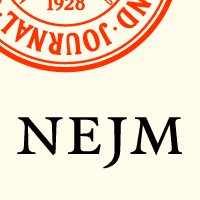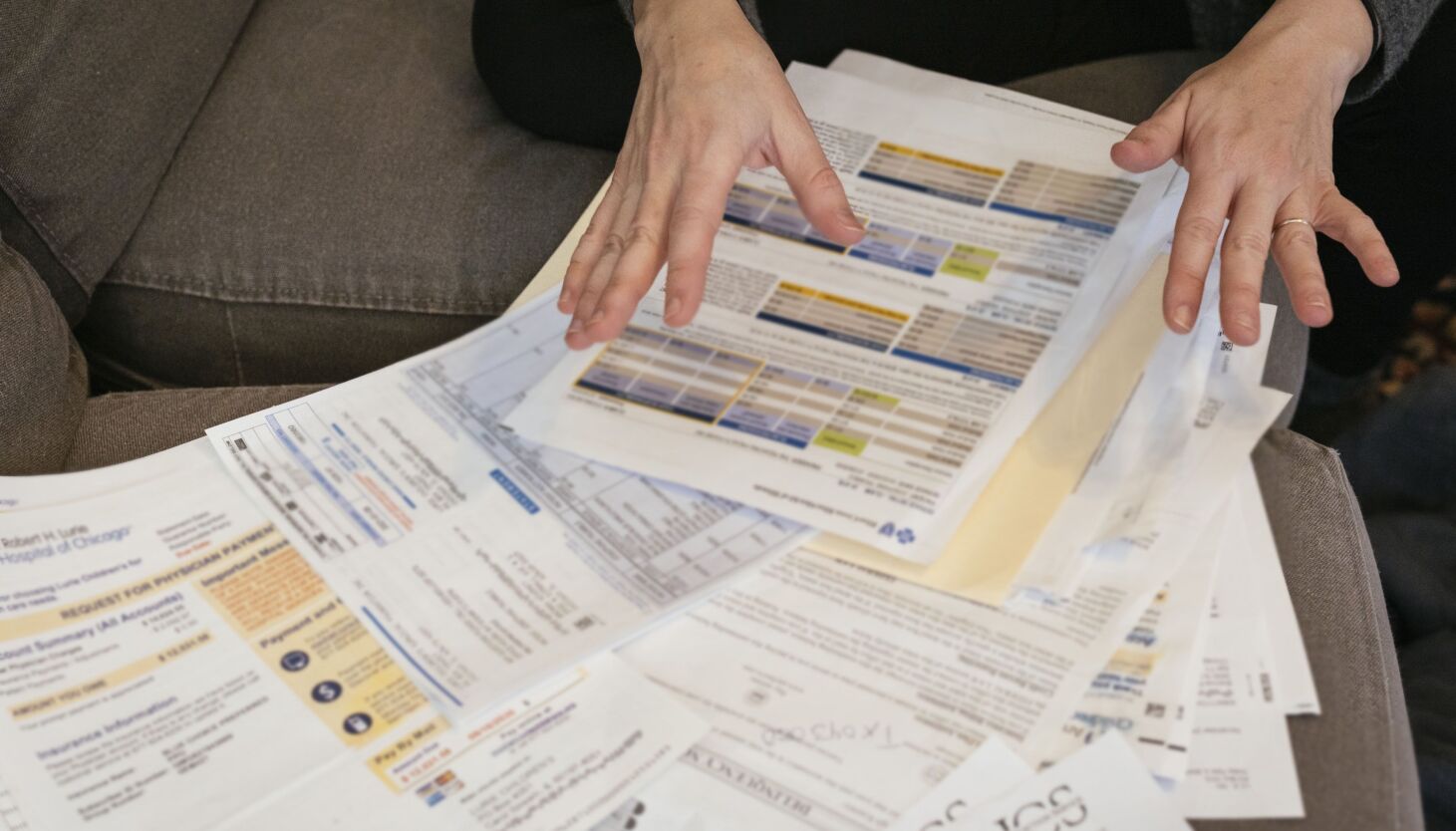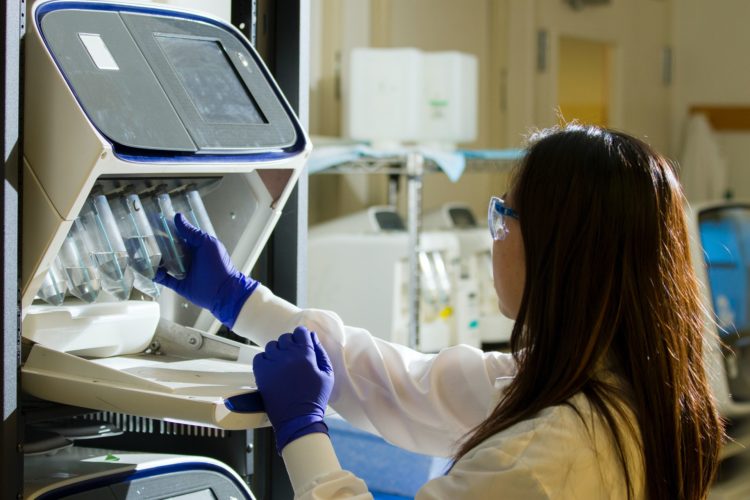[ad_1]
During the Covid-19 pandemic, public health decision makers haven’t always been transparent with the public, often failing to adequately explain the reasoning behind their decisions about interventions such as mask mandates, quarantine and isolation policies, mandatory testing, and transitions to remote work and learning. In many cases, public health leaders simply stated that they were “following the science,” without acknowledging that the data models they were relying on have varying degrees of accuracy and reliability, that the available evidence would evolve and require reevaluation, and that reasonable people could disagree about how to translate data into policy. In fact, officials sometimes relied on “noble lies,” intentionally misrepresenting facts in order to support their decisions, simplify communications, or maintain calm.1 Oftentimes a policy was characterized as ethically appropriate simply because it was legally permissible.
These tactics eroded public trust, hindered adoption of Covid mitigation measures, and fueled social movements opposing health policies and officials. Once “follow the science” was exposed as an overly simplistic mantra, various segments of the public chose for themselves what guidance they would follow.
One way to avert the resulting ineffective public health campaigns and further polarization of the population might have been to embed ethicists in public health teams. Although this approach might not have prevented all the missteps that were taken, ethicists could have warned policymakers of the dangers associated with inadequate transparency and nudged them toward a more candid and accountable approach.
Yet more than 2 years into the Covid-19 pandemic — and despite heated battles over how to balance health, economic, societal, and educational concerns — public health officials have rarely integrated systematic input from ethicists into their decision-making processes. Instead, they have relied primarily on ethical analyses by physicians, epidemiologists, and other public health practitioners, most of whom don’t have extensive training or experience in applied ethics. Since public health ethics has its own set of norms and principles, much can be gained from collaborations with seasoned ethicists.
Public health institutions have long grappled with approaches to formally integrating ethical analysis into their workflows.2,3 The Centers for Disease Control and Prevention (CDC) has a Public Health Ethics Unit, yet a core CDC publication, Ethical Guidance for Public Health Emergency Preparedness and Response, hasn’t been updated since 2008.4 None of the dozens of pandemic-related resources provided by the National Association of County and City Health Officials detail how to incorporate ethics or ethicists into public health decision making. The lack of pragmatic guidance and educational opportunities in this area is particularly troubling given the country’s patchwork public health system: the United States has more than 3000 local public health departments and more than 13,000 public school districts, each with substantial decision-making authority.
Several factors contribute to the dearth of professionals trained in public health ethics. Although every accredited public health school must deliver ethics content, few graduate programs have mandatory ethics courses and most cover ethics topics using only limited case studies. Even within the field of bioethics, public health ethics often takes a back seat to ethical issues related to patient care, emerging technologies, and research protections, and an ethicist trained with a clinical or research orientation may not be able to translate their expertise to public health policy. Some public health decision makers might also believe that they are capable of engaging in ethical analysis without outside consultation.
Although there is no universal public health ethics framework, in the United States, the field developed rapidly during the early years of the AIDS epidemic and began to coalesce after 2000. As one example, public health ethics pioneers initially made the case for blinded serosurveillance (screening of blood drawn for other purposes and without identifying information) after the development of an HIV test. They later supported ending this form of surveillance when it became clear that unblinding would amount to mandatory testing without consent for populations such as pregnant people or people being treated for sexually transmitted infections.5
Public health ethics distinguished itself from the rest of the field of bioethics by emphasizing communitarian values and social justice. Balancing individual autonomy and the common good remains central, but public health ethical frameworks don’t begin with an emphasis on individual interests. Public health ethics emphasizes principles of good governance, which require harmonizing democratic participation and technocratic expertise, fostering transparency while protecting privacy, and building and maintaining trust.2 Public health decision making doesn’t occur in a political vacuum, and policymakers must consider the needs of various constituencies. Although decisions made without ethicists can be morally sound, making a point of consistently including ethicists in decision-making processes can ensure robust dialogue that explicitly takes into account ethical considerations.
Integration of ethicists into public health workflows involves procedural and training considerations. Ethics divisions could be created within public health departments, enabling an efficient workflow, or regional bioethics advisory committees could be established, providing an independent voice that isn’t subject to agency or political pressures. In situations in which ethics divisions or committees are impracticable, public health practitioners could solicit ethics consultations, and boards of health could further integrate ethicists into their teams. To facilitate these endeavors, states or regions could partner with public health schools.
Some of these mechanisms have been employed: Michigan counties created regional pandemic ethics committees, and Ohio staffed some pandemic-response committees with ethicists from Ohio State University, where we work. The Defense Advanced Research Projects Agency frequently asks external ethics committees to advise on the societal and ethical implications of technological innovations.
It’s essential to ensure that ethicists tapped for such roles are adequately trained to consider pragmatic public health concerns. Ethicists must have a solid understanding of public health conceptual frameworks, research methods, and the politics of public health; must be prepared to translate ethical theory into timely and actionable advice; and must recognize that their role in public health policymaking is as nonpartisan advisors. The best advisors succinctly identify the strengths and weaknesses of various possible courses of action; the goal must be to provide concise and impartial advice based on the intersection of values and evidence.
To be sure, the training and hiring of ethicists isn’t a panacea for pandemic policymaking concerns, nor is an ethics perspective the only one that should be consistently incorporated into public health workflows. Important societal questions include to what extent ethics should inform decision making and what role ethicists should play in helping the public understand complex public health issues. Public health ethicists can, however, help determine how to incorporate diverse perspectives into public health deliberations. They can also make important contributions to public conversations about policy decisions that affect community health, helping to frame and explain complex trade-offs as well as the limits of data and policy.
Even when an ethics perspective is incorporated into discussions, public health leaders and agencies may not have the authority to influence policy, particularly in states where public health powers have been preempted by lawmakers. Independent organizations — such as the American Public Health Association, which often weighs in on policy issues and has a formal public health code of ethics — could therefore play a more active role in highlighting ethical issues related to public health policymaking.
Lawmakers, state officials, and members of the public have called for an accounting of the U.S. government’s emergency preparedness and pandemic response. The PREVENT Pandemics Act, which would establish a commission to evaluate the U.S. response to Covid-19, has bipartisan congressional support. Some states, such as Indiana, have created panels to evaluate pandemic-response policies as a means of rethinking their public health systems.
It will be important for these initiatives to include ethicists and to assess both the role that ethical considerations played in Covid-19 policymaking and strategies for systematically integrating such considerations into public health practice moving forward. Public health practitioners must address complex questions of health, equity, and social justice. We believe deliberately and strategically involving ethicists in these decisions is essential.
[ad_2]
Source link



